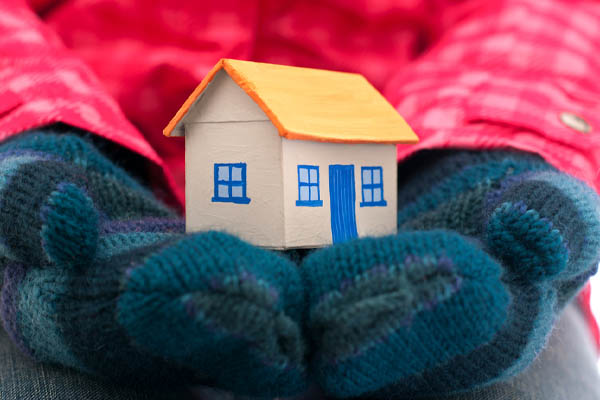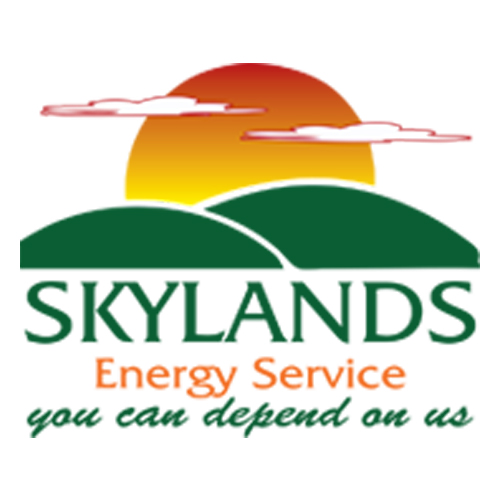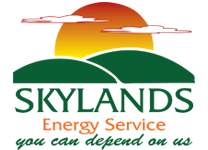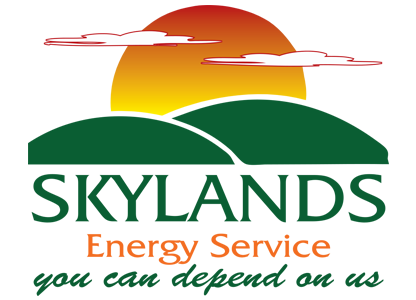
Maintaining a living environment in which you can remain warm, comfortable, and safe is absolutely critical in winter. This is why many homeowners purchase the best heating systems that they can buy. In general, there are two popular options – a furnace or a heat pump. You may have a hard time deciding which of these is right for you. To help you make an informed purchasing decision, let’s take a look at some of the benefits, drawbacks, capabilities, and features of both the furnace vs heat pump heating system.
What’s the Difference Between a Heat Pump & Furnace?
Table of Contents
This article will give you some insight into the difference between a heat pump and a furnace.
What a Heat Pump Is: The Definition of a Heat Pump
Heat pumps are one kind of HVAC unit that transfers heat instead of actually producing it. Heat pumps usually have a reliable source of heat that produces thermal energy. This heat is transferred to a thermal reservoir or a thermodynamic system that both stores and distributes it. Every heat pump has four basic components: a condenser, a compressor, an expansion valve, and an evaporator.
With a heat pump, an outside power source is used to transfer energy. Heat pumps can use heat from outside of the home and then combine this with electrical power and refrigerant to warm it up before disbursing it throughout a building. In essence, they work much as air conditioners do, but in reverse. However, when the outside weather is hot, heat pumps also have the capacity to cool homes down, which is an attribute that makes them very versatile.
What A Furnace Is: The Definition of a Furnace
Furnaces are gas- or oil-fired heating units that actually generate heat. They are sometimes referred to as forced warm air distribution systems because they use HVAC ducting to move warm air to various rooms or zones. Heated air from furnaces is released into the living environment via air registers or grilles.
A furnace must have its own heat source – like flames. Flames warm up a furnace’s heat exchanger, and then this heat is transferred to the air to warm it. Heated air is forced through the heat exchanger by a fan. Combustion gases are released from the system and into the outdoor environment via a flu pipe.
The Benefits & Drawbacks of a Heat Pump
Heat pumps don’t require a tremendous amount of maintenance when compared to heating systems that are combustion-based. They do require annual inspections. However, as long as heat pumps are well-maintained, they will provide reliable performance for quite some time. Heat pumps are also known for being very efficient in energy to heat conversion, and thus, they limit the number of carbon emissions being produced and released into the natural environment. Heat pumps also have cooling capabilities which means they remain viable during the summertime. With adequate maintenance, the average heat pump will last between 12 and 15 years of regular use.
When it comes to drawbacks, heat pumps aren’t cheap to buy, and thus, you’ll have to pay a bit more to have a heat pump installed. The installation process for heat pumps is also more complicated than that of furnaces. These units are electrically powered, and this might require special planning permission. There is also the fact that heat pumps can be damaged by certain forms of extreme weather. These units aren’t designed to perform optimally in exceedingly cold temperatures, and thus, having one could be problematic if you live in an area that has harsh winters. If you rely on a heat pump in your home, it may be necessary to have a backup source of heat in the event that outside temperatures plummet.
The Benefits & Drawbacks of Furnaces
Most home furnaces rely on either gas or heating oil. Furnaces are fairly easy to install, and they don’t generally cost a whole lot. Furnaces heat up rapidly, which may produce significant energy savings over time. A furnace will also produce constant and even heat, which is vital during extremely cold winters.
As a drawback, gas-fueled furnaces come with various health risks. Among these are fire, explosions, and carbon monoxide exposure and poisoning. Electric furnaces additionally consume considerable amounts of energy, making them costly to use. Moreover, a furnace can only function as a heat source. Unlike a heat pump, a furnace is incapable of producing cool air in the summer. If you require cooling during the hot season, your home will need to have a separate air conditioning system.
Given that home furnaces move heated air with fans, they also generate a fair amount of noise. Furnaces blow airborne particulates throughout the home, which may diminish the indoor air quality if you aren’t performing regular filter changes.
Conclusion
Understanding the difference between heat pumps and furnaces will help you make an informed decision. Think about the layout and structure of your home, the amount of money that you’re willing to spend, and your long-term needs for heat. For help, contact a reputable HVAC installation company in your area to determine which option is best for your household. Getting professional guidance will help you avoid common misconceptions and ensure that the option you choose lives up to your expectations.
Call Skylands Energy Service For All Of Your HVAC Needs

Skylands Energy Service provides reliable heat pump and furnace installation services throughout the area. We are staffed by a seasoned team of HVAC technicians who can capably handle all of your heating and cooling needs. Some of the HVAC services include heating and air conditioning equipment replacements, upgrades, installations, maintenance, and repairs. They know how to get these jobs done right.
When you want highly competitive rates for HVAC services, call Skylands Energy Service. We can help you find the right heat pump or furnace for your home and budget. Energy efficiency, indoor air quality, comfort, and quality are among our top priorities. To schedule service, contact Skylands Energy Service and request a free in-person consultation and estimate.
Contact us now at (908) 707-1776 to find out more!

